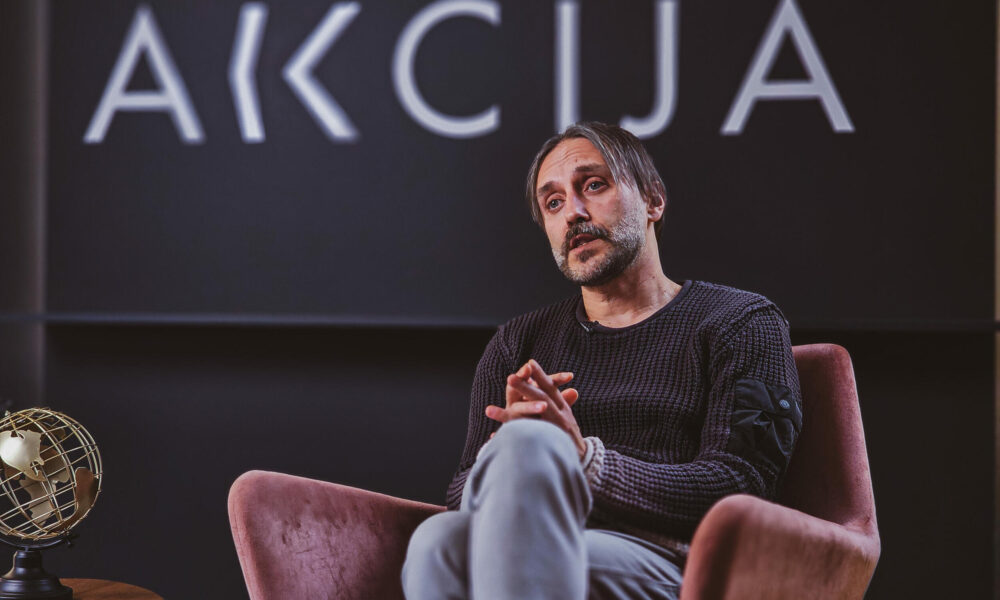The main topic of the article concerns electoral reform in Montenegro, with a particular focus on the problems and obstacles in implementing reforms, as well as the political crisis and the state of the judiciary in the country. The article highlights serious issues with conducting elections in Šavnik, where elections have been ongoing for over two years, which is illegal and illegitimate. It also points to obstructions to reforms by ruling and opposition parties, who are more interested in political calculations than real changes. The role of the Constitutional Court and the judiciary, which are heavily influenced by political elites and do not function independently, is also mentioned. The topic covers the broader political situation in Montenegro, including problems with the media, unresolved journalist murders, and the influence of foreign political factors and EU integration. The article criticizes the existing system of partitocracy and mafia influence on institutions, emphasizing the need for depoliticization and professionalization of electoral administration, transparency, and protection of electoral rights. Challenges in establishing government in Kosovo and regional political issues are also discussed.
Political Perspectives:
Left: Left-leaning sources emphasize the need for comprehensive electoral reform to ensure democratic legitimacy and transparency. They highlight the obstruction by ruling elites and the importance of civil society and international pressure, particularly from the EU, to push for genuine reforms. The narrative focuses on the systemic corruption, the influence of partitocracy, and the need to protect minority and marginalized groups’ rights in the electoral process.
Center: Center-leaning sources present a balanced view acknowledging the complexity of the electoral reform process in Montenegro. They recognize the political deadlock and legal challenges, emphasizing the importance of dialogue between ruling and opposition parties. They stress the role of institutions like the Constitutional Court and the need for gradual reforms to stabilize the political environment and improve governance.
Right: Right-leaning sources tend to focus on the failures of the current government and opposition to implement reforms, often blaming political opportunism and lack of will. They may emphasize national sovereignty concerns, criticize external influences such as the EU, and highlight the need for law and order, including strengthening judicial independence. The narrative may also stress the importance of maintaining traditional political structures and skepticism towards rapid changes.








